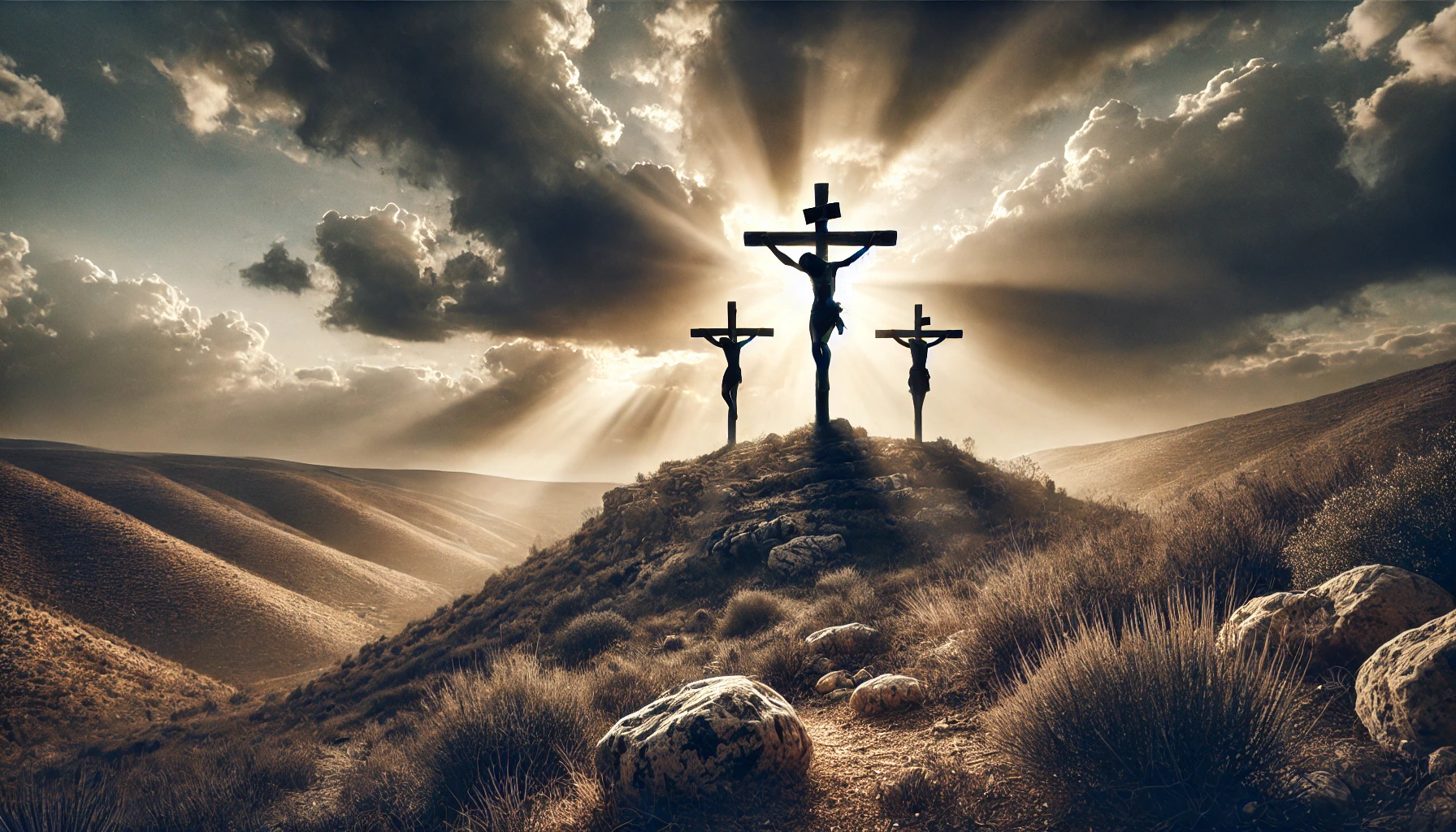Introduction: The Quiet Apostle Who Made a Big Impact
When we think of the apostles, we often picture towering figures like Peter and Paul, bold leaders who proclaimed the Gospel with unmistakable zeal. Yet, in the background of these great narratives is another story—quieter, but no less significant.
Today, we turn our attention to Andrew, one of Jesus’s twelve apostles. Andrew was not one to seek the spotlight, yet his quiet faithfulness had a profound impact on the ministry of Jesus and the spread of the Gospel. Through simple acts of service and connection, Andrew exemplified what it means to be a facilitator of faith—a role that remains as vital today as it was two thousand years ago.
Let us journey together through Andrew’s life, exploring the lessons his quiet faithfulness offers for our own walk with Christ.
From John to Jesus: Andrew’s First Step of Faith
Andrew’s journey began as a disciple of John the Baptist, who prepared the way for the Messiah. One day, as John stood with his disciples, he pointed to Jesus and declared, “Behold, the Lamb of God!” Moved by these words, Andrew and another disciple left John to follow Jesus.
This moment is described in the Gospel of John, Chapter 1, verses 35 through 40. It marks the beginning of Andrew’s journey of faith—a decisive step toward the Messiah that would shape the rest of his life.
Introducing Peter: A Brother’s Faith in Action
Andrew’s first instinct after meeting Jesus was deeply personal: he went to find his brother, Simon, later called Peter. He proclaimed, “We have found the Messiah!”—a declaration recorded in John, Chapter 1, verse 41.
This simple act of introduction set the stage for Peter’s eventual role as a leader in the early Church. Though Andrew himself would remain in the background, his willingness to connect Peter to Christ underscores the transformative power of small, faithful actions.
The Boy with Loaves and Fishes
Another of Andrew’s key moments is found in the Gospel of John, Chapter 6, verses 8 through 13. Faced with the challenge of feeding a crowd of 5,000, Andrew noticed a boy carrying five loaves and two fishes. While others dismissed this offering as insufficient, Andrew brought the boy to Jesus, trusting in the Lord’s ability to provide.
Jesus took the boy’s small gift, blessed it, and multiplied it to feed the entire crowd. Andrew’s actions remind us that God can work miracles through even the smallest offerings when they are entrusted to Him.
Introducing the Greeks to Jesus
In John, Chapter 12, verses 20 through 22, we see Andrew once again facilitating a connection. When a group of Greeks approached Philip, seeking to meet Jesus, Philip turned to Andrew for help. True to form, Andrew brought them to the Lord.
This moment, brief though it may be, reflects the universal nature of the Gospel—a message for all people, regardless of nationality or background. Andrew’s openness to others invites us to embrace the inclusive love of Christ.
The Traits That Defined Andrew
As we reflect on Andrew’s life, three defining traits stand out:
- Humility: Andrew served faithfully behind the scenes, content to let others take the spotlight.
- Faithful Facilitation: Whether introducing Peter to Jesus or bringing a child to the Lord, Andrew consistently acted as a bridge between people and Christ.
- Trust in Small Beginnings: Andrew’s life reminds us that even the smallest acts of obedience can lead to extraordinary outcomes when entrusted to God.
Andrew’s Legacy: Missionary and Martyr
Tradition holds that Andrew’s ministry extended far beyond the narratives recorded in Scripture. He is believed to have traveled to regions such as Scythia, Thrace, Macedonia, and Greece, proclaiming the Gospel and establishing Christian communities.
Andrew’s life of faith culminated in his martyrdom in Patras, Greece, where he was crucified on an X-shaped cross—an enduring symbol of his unwavering commitment to Christ. Even in his final moments, Andrew reportedly continued to preach, exemplifying the steadfast faith that defined his life.
Lessons We Can Learn from Andrew
Andrew’s life offers timeless lessons for believers today:
- Humility in Service: True greatness in God’s kingdom often comes through quiet, faithful work behind the scenes.
- Be a Connector: Like Andrew, we can help others encounter Christ through our relationships, words, and actions.
- Trust in God’s Multiplication: Even our smallest efforts can yield extraordinary outcomes when entrusted to Jesus.
- Embrace the Universal Gospel: Andrew’s openness to people of all backgrounds reminds us that God’s love is for everyone.
Conclusion: The Power of Quiet Faithfulness
Andrew’s story, though quieter than those of Peter or Paul, is a powerful testament to the transformative impact of humble service and unwavering faith. His example challenges us to embrace the opportunities before us to connect others with Christ, trusting that God can use even the smallest acts of obedience to accomplish great things.
As you reflect on Andrew’s life, may you find inspiration to live as a facilitator of faith, guided by the knowledge that in God’s hands, no act of service is ever too small.









